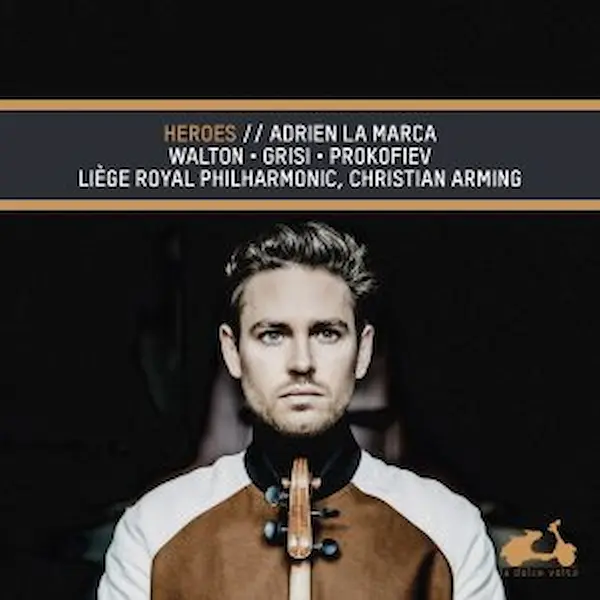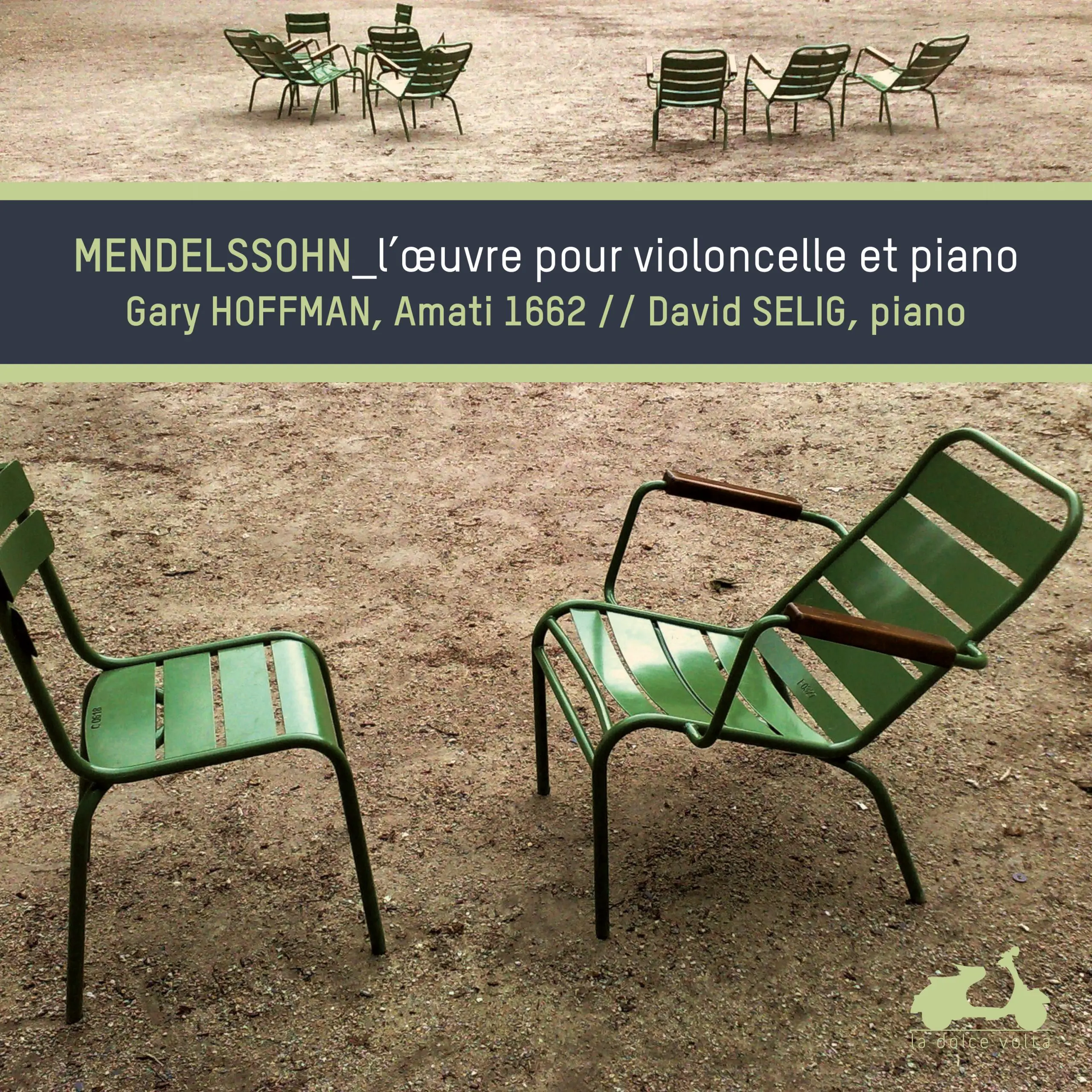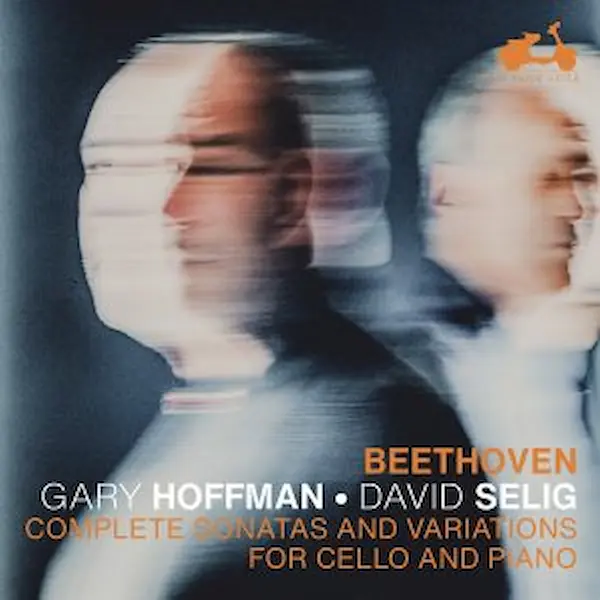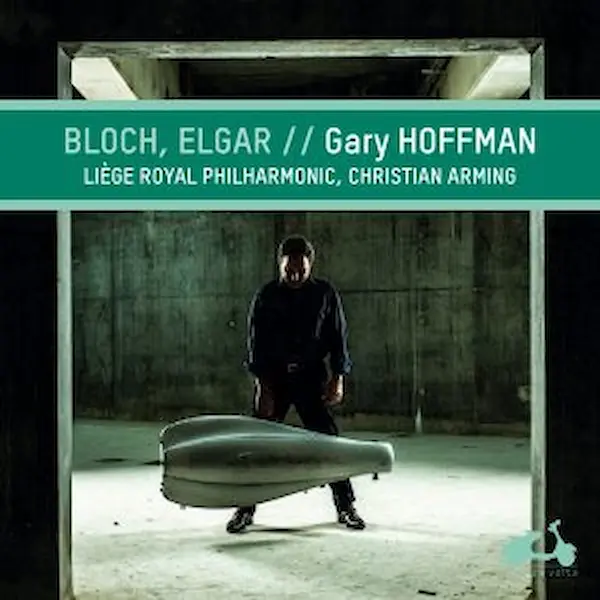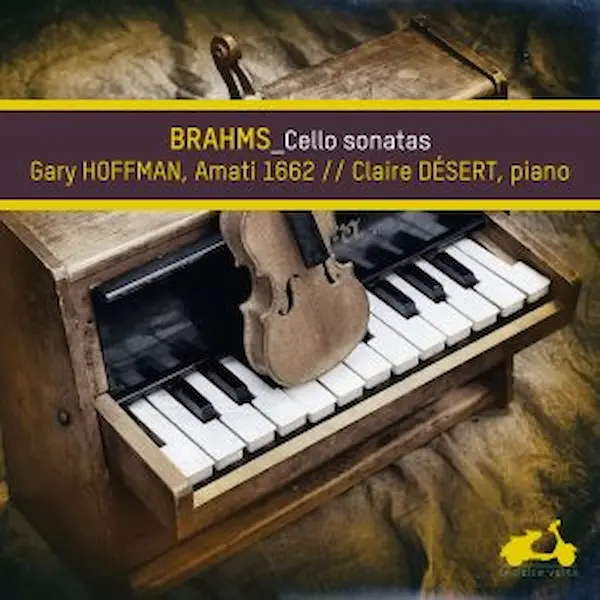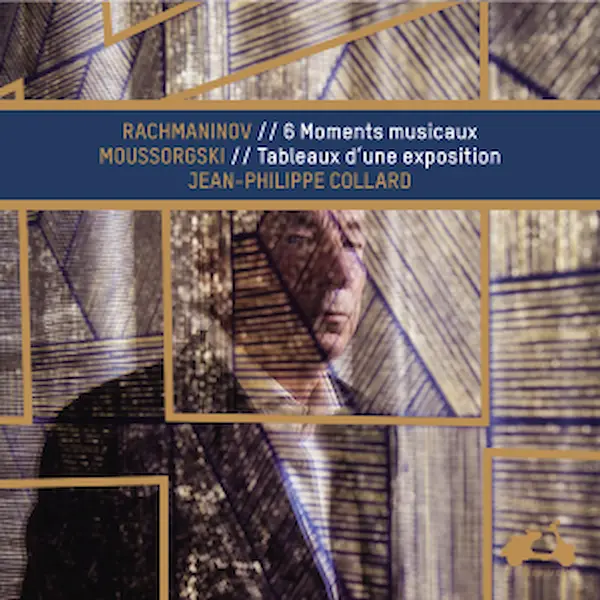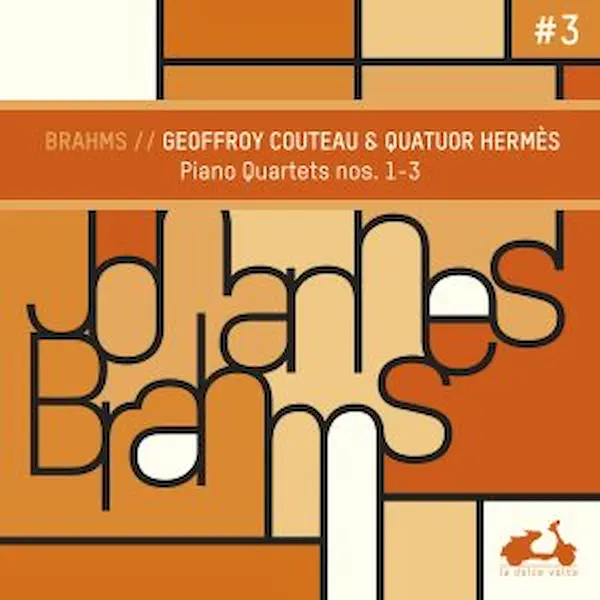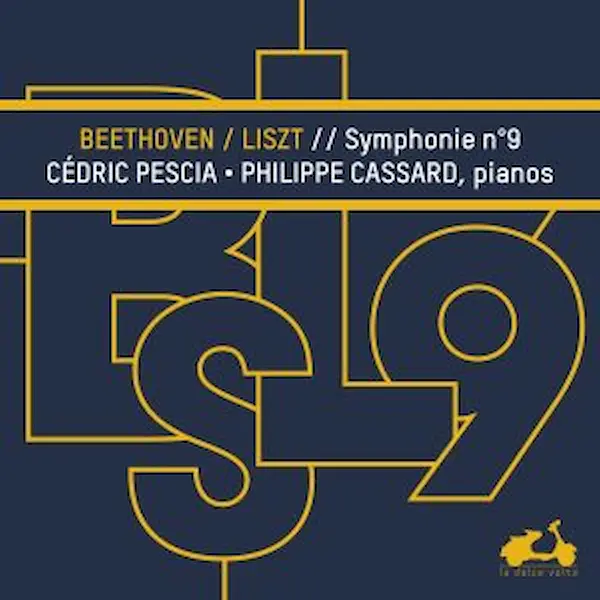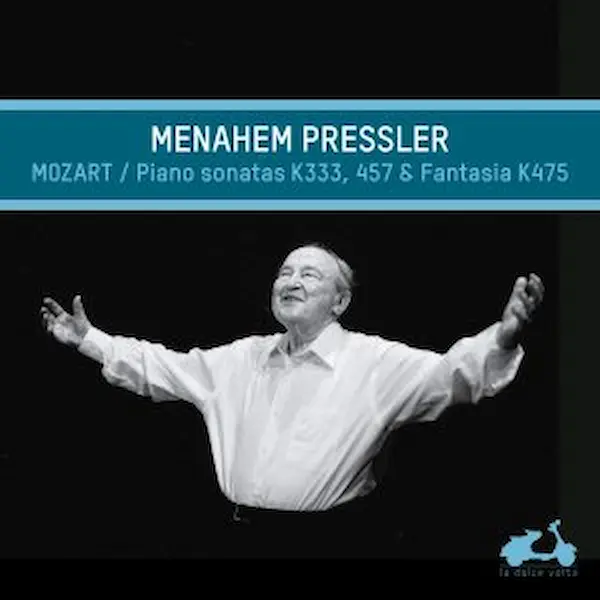Description
A pleasure that Gary Hoffman and David Selig share : “Our rehearsals are not moments where we have decided in advance to work on this or that. We start with the music and our choices are made naturally, instinctively… I don’t ask myself questions, I just play”, says Gary Hoffman.
Having entered the Rostropovitch Competition, and needing a pianist to accompany him, Gary Hoffman met David Selig and they have since become close friends as well as collaborators. They share a passion for the underestimated genius of the German 19th Century composer Felix Mendelssohn. For Gary Hoffman, Mendelssohn is as great as Schumann, Bach, Beethoven and Mozart; his works are exquisitely written and physically demanding; his vision poetic, ample and modern.
To repair the injustice of Mendelssohn’s current reputation with musicians as a “minor” composer, Gary Hoffman and David Selig have recorded his complete works for cello and piano or the French label Dolce Volta. In order to do justice to Mendelssohn, the perfectly constructed balance of the pieces and the interplay between the two instruments, it was necessary to unite two close friends, working together in perfect harmony.
Furthermore, Gary Hoffman plays a 1662 Nicola Amati cello, formerly in the possession of Count Mathieu Wielhorski, a friend of Mendelssohn’s to whom the composer dedicated his Sonata op.58.
